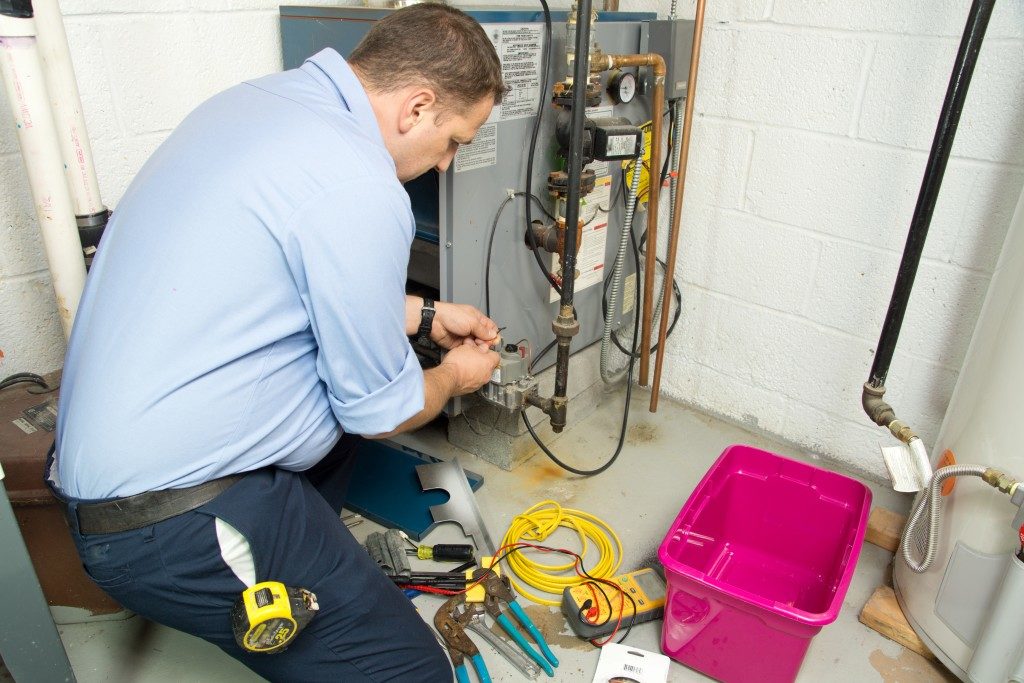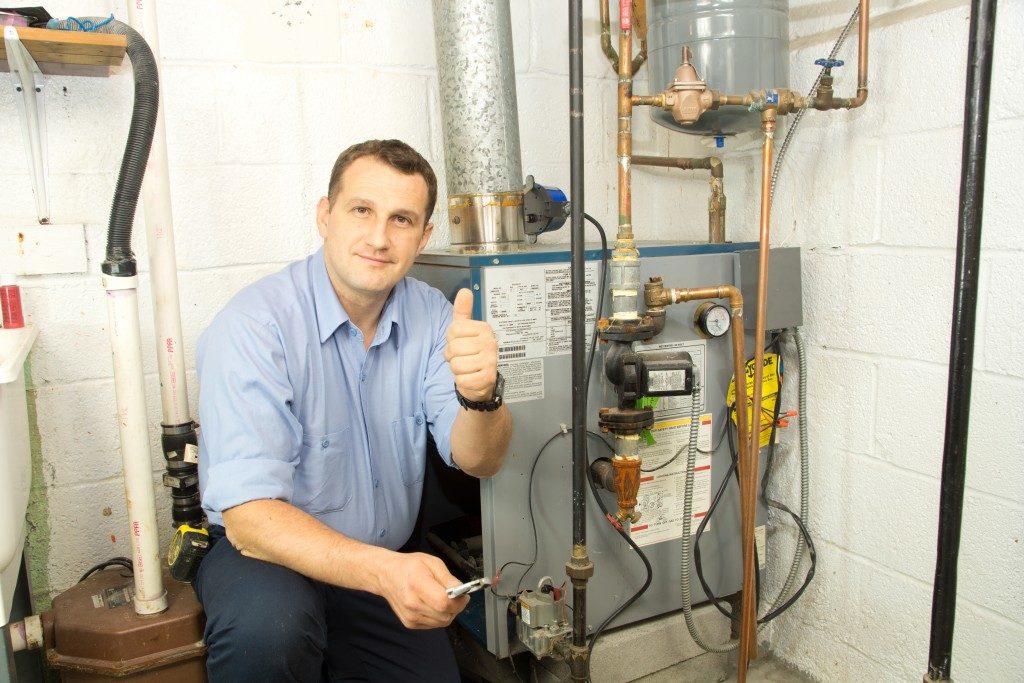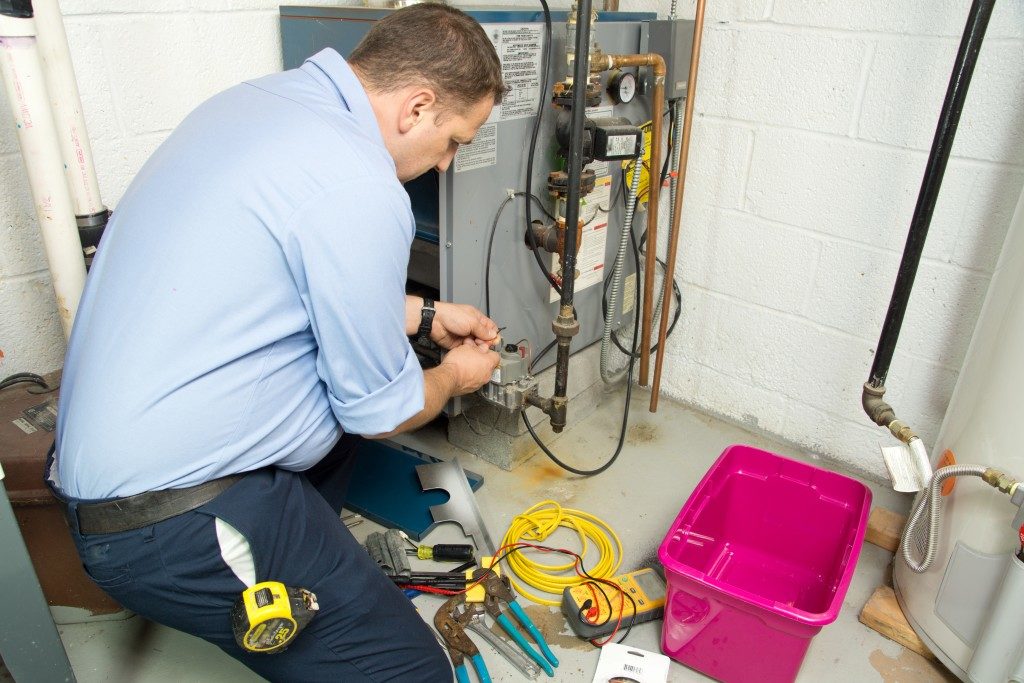 There is nothing more frustrating than relaxing at your home and then finding out that your furnace shuts on and off. This is especially the case during colder seasons when you and your family cannot achieve maximum comfort without heat. Ignoring the problem won’t fix the issue, as it can only lead to premature system failure.
There is nothing more frustrating than relaxing at your home and then finding out that your furnace shuts on and off. This is especially the case during colder seasons when you and your family cannot achieve maximum comfort without heat. Ignoring the problem won’t fix the issue, as it can only lead to premature system failure.
Short cycling or frequent turning on and off is a common unit malfunction. Authorityheating.com and other furnace repair experts in Orem, Utah note that this is bad for your heating system and purse because:
- It can put additional stress on your furnace components, causing them to wear out sooner.
- Frequent starting up and shutting down causes the furnace to work harder and use more energy. This then increases your monthly utility bills.
- When your unit is turning on and off frequently, it won’t cycle and run properly, translating to uneven temperatures and an uncomfortable home.
There are a number of things that can cause short cycling. These include:
- Dirty air filters – Clogged and filthy filters make it different for the air to flow seamlessly over the heat exchanger. Without air blowing over the heat exchanger, it is likely for the furnace to overheat and then shut down. This can also cause the system to overwork, resulting in wear and tear and failure.
- Thermostat issues – Malfunctioning thermostats cannot give your heating system the correct information to function properly, causing it to turn on and off. The same can also happen if the thermostat is placed or installed near a heat source. This can cause the furnace to shut off, as it fools the sensor into thinking that the house has reached its set temperature.
- Incorrect size of the furnace – Having a unit that is too big will cause the furnace to heat the space faster and then shut off. The process is repeated when your home cools off, with the system not cycling to its full working potential or letting your house cool off in between.

What should you do?
You may be able to stop or prevent short cycling by addressing the issues stated above. You can start by checking your filters and changing them. You should keep the vents unobstructed even in unoccupied rooms to prevent overheating and low airflow. Here are a few other things that can help:
- Check your thermostat – If your thermostat screen is blank or acting a little weird, try changing the batteries. Making sure that is in the correct setting with regards to heating or cooling also helps. If it is, on the other hand, close to a heat source you can contact a service expert for reinstallation in an ideal location.
- Contact an expert for heat load calculation – This will help determine if your heating system is of the right size for your home. If it is found to be oversized, there is nothing much you can do but replace the one you are using. The initial cost may be overwhelming, but it will bring better comfort and savings in the long-term.
- Check and improve insulation – Without enough and proper insulation, it is also likely for the heating system to shut off regularly. Be sure to check yours, especially in the windows to stop the cold air from entering the space. You can also check out this blog for tips on air sealing your home.
Contact a furnace repair expert to check your heating system and address other problems. Avoid troubleshooting the issue on your own if tips mentioned above don’t seem to work.


